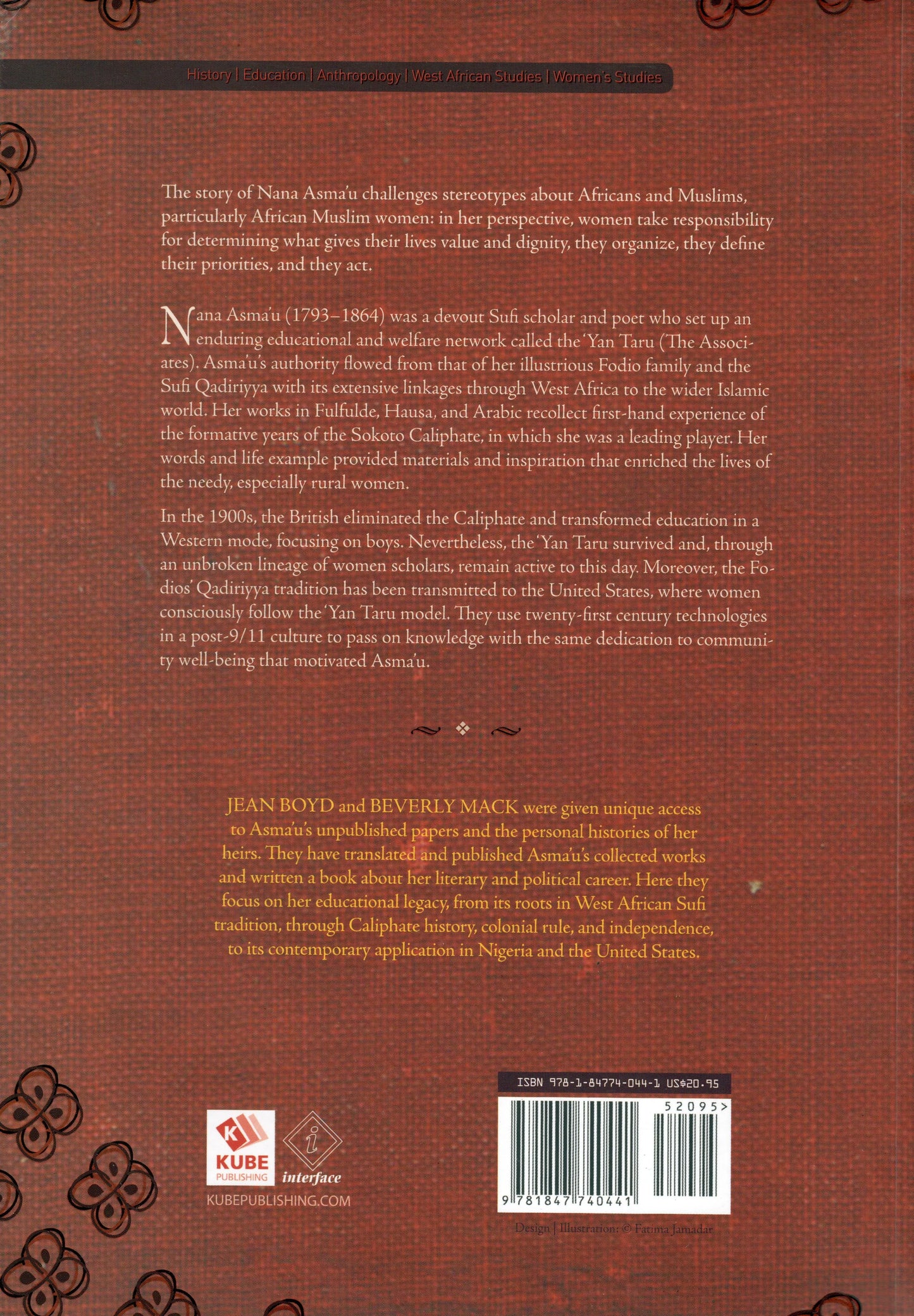About The Book
The story of Nana Asma'u challenges stereotypes about Africans and Muslims, particularly African Muslim women: in her perspective, women take responsibility for determining what gives their lives value and dignity, they organize, they define their priorities and they act.
Nana Asma'u (1793-1864) was a devout Sufi scholar and poet who set up an enduring educational and welfare network called the 'Yan Taru (The Associates). Asma'u's authority flowed from that of her illustrious Fodio family and the Sufi Qadriyya with its extensive linkages through West Africa to the wider Islamic world. Her works in Fulfulde, Hausa, and Arabic recollect first-hand experience of the formative years of the Sokoro Caliphate; in which she was a leading player. Her words and life example provided materials and inspiration that enriched the lives of the needy, especially rural women.
In the 1900s. the British eliminated the Caliphate and transformed education into a Western model, focusing on boys. Nevertheless, the 'Yan Taru survived and, through an unbroken lineage of women scholars remain active to this day. Moreover, the Fodios Qadriyya tradition has been transmitted to the United States, where women consciously follow the 'Yan Taru model. They use twenty-first-century technologies in a post-9/11 culture to pass on knowledge with the same dedication to community well-being that motivated Asma'u.
About The Authors
Beverley Mack is an Associate Professor of African Studies at the University of Kansas. She is co-editor (with Catherine Coles) of Hausa Women in the Twentieth Century and co-author (with Jean Boyd) of The Collected Works of Nana Asma’u, 1793-1864 and One Woman’s Jihad: Nana Asma’u Scholar and Scribe.
Jean Boyd is a former Principal Research Fellow of the Sokoto History Bureau and Research Associate of the School of Oriental and African Studies at the University of London. She is the author of The Caliph’s Sister and Sultan Siddiq Abubakar III.
show more

















